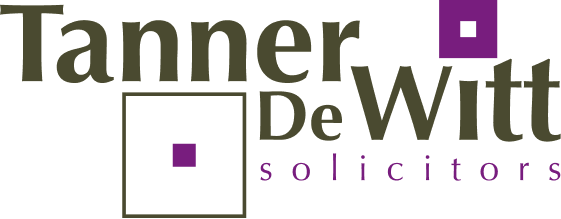Introduction
We recognise that settlement of legal disputes is often in the best interests of our clients. It can help to reduce the stress, impact, cost and uncertainty of legal proceedings. We are experienced in a range of dispute resolution processes and are confident we can find a process to assist you.
What is Mediation?
Mediation is a well-established option for dispute resolution in Hong Kong across many different areas of dispute. The purpose of mediation is the mutual resolution of legal disputes in a cost effective and time efficient manner.
Mediation is a voluntary and confidential process whereby parties assign a neutral, third party trained mediator to facilitate dialogue and promote resolution. The mediator will assist in identifying areas in dispute, create an agenda for discussion, explore party’s interests, needs and goals, and consider settlement options. As the process progresses, they will find and refine mutual points of agreement. The mediator may have separate meetings with each party as necessary, and mediation may take place over one day or several days. If settlement is reached it will be drafted into a written document. The mediator does not act as a judge and will not impose a decision on the parties. The mediator’s impression of the merits of the case is irrelevant. The key decision makers in mediation are the parties themselves. A settlement agreement concluded by the parties in writing and signed is generally considered to be enforceable and in most cases will be reproduced into a court order by consent.
Why mediation?
Experience worldwide has shown that mediation facilitates a high settlement rate and most people are satisfied with the outcome of mediation. Furthermore, people are more likely to adhere to agreements they have had agency in crafting.
The advantages of mediation are multifactorial and includes avoidance of litigation which for many is inherently stressful, reduction of the uncertainty of court outcomes, and significant reduction in litigation and legal costs involved if mediation is commenced early.
Agreements reached can be expertly crafted to bespoke solutions which courts may not offer and because of this and the autonomy with which agreement are reached, it is commonly understood that mediated agreements are more likely to be adhered to. Another advantage is that for many parties to litigation, it will be necessary to maintain legal, business or personal relationships after the resolution of the dispute. If parties can come together to resolve their differences themselves, these relationships are more likely to be maintained and can thrive afterward rather than being dissolved through the acrimony of litigation.
How we can help
Tanner De Witt has extensive experience acting in and advising within mediations and acting as mediators across multiple practice areas.
Ian De Witt is an Accredited Mediator of the General Panel of the HK International Arbitration Centre (HKIAC). Joanne Brown is an accredited HKMAAL Family Mediator. Douglas Clark has been accredited by CEDR as a mediator.
Our lawyers have extensive experience advising clients within mediation contexts over a broad range of civil law and commercial disputes and divorce, child arrangements and Hague Abduction cases.
Our experience as mediator
- Acted as mediator in WIPO mediation relating to trade mark co-existence
- Acted as mediator in US International Trade Commission patent infringement case (2019)
- Acted as mediator and assisted a husband and wife to resolve their financial claims in divorce proceedings
- Acted as mediator in an international child abduction case with parties from Hong Kong and Singapore
Key Contacts
Experience
- Acted as a mediator and assisted a husband and wife with significant business interests to resolve asset division and child maintenance in divorce
- Acted as a mediator in an international child abduction case with parties from Hong Kong and Singapore
- Acted in a mediation reaching full and final settlement to return a child wrongly removed from Japan to Hong Kong


